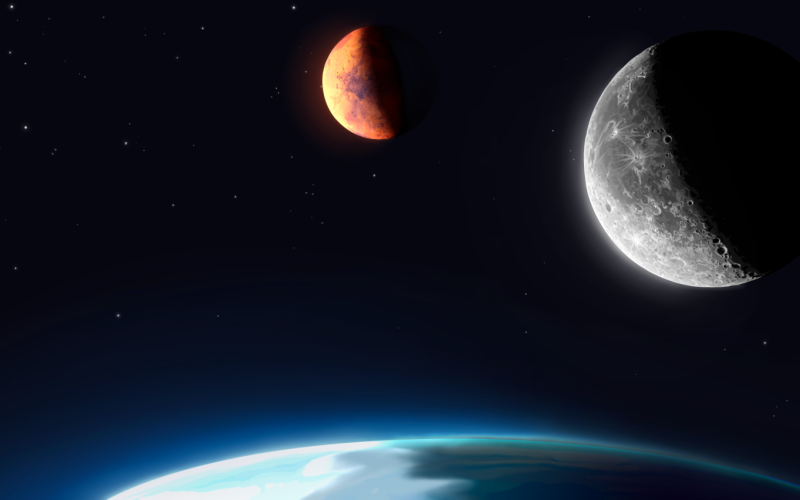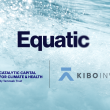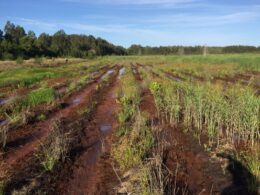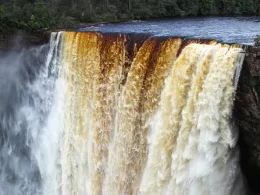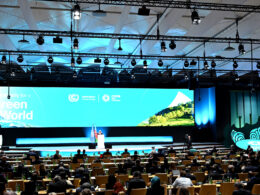NASA has launched the second phase of its LunaRecycle Challenge, a competition aimed at developing innovative methods to recycle waste materials generated during lunar missions. The initiative focuses on repurposing common refuse such as fabrics, plastics, foam, and metals, which could accumulate during system operations, industrial activities, and habitat construction in deep space.
Phase Two comprises two stages — a milestone round and a final round. Entries for the milestone stage close in January 2026, with up to 20 finalists announced in February. These teams will then advance to in-person prototype demonstrations and final judging in August. A total prize fund of $2 million will be awarded to successful solutions across both rounds.
Jennifer Edmunson, acting programme manager for Centennial Challenges at NASA’s Marshall Space Flight Center in Alabama, said: “NASA is eager to see how reimagining these materials can be helpful to potential future planetary surface missions. Focusing on the most critical trash items – and integrating prototype and digital twin competition tracks – will yield remarkable solutions that could enable a sustainable human presence off-Earth.”
According to NASA estimates, a four-person crew could produce more than 2,100 kilograms of single-use waste — from food packaging and plastic films to foam and clothing — over the course of a year. Phase Two entries must demonstrate the ability to handle such waste volumes while operating efficiently, safely, and with minimal resource inputs and crew involvement.
Participation in Phase Two is open exclusively to U.S. individuals and teams, regardless of whether they competed in Phase One. All entrants must develop a physical prototype, while optional digital twin submissions will be eligible for additional awards.
The challenge is part of NASA’s Centennial Challenges programme within the Space Technology Mission Directorate. Phase One drew record interest, with over 1,200 registrations from around the world — the highest in the programme’s 20-year history. Nearly 200 submissions were evaluated by a 50-member judging panel, with 17 teams from five countries and nine U.S. states selected as winners.
LunaRecycle is managed by NASA Marshall, with support from NASA’s Kennedy Space Center, Ames Research Center, The University of Alabama College of Engineering, former Centennial Challenge winner AI SpaceFactory, and environmental sustainability firm Veolia.















